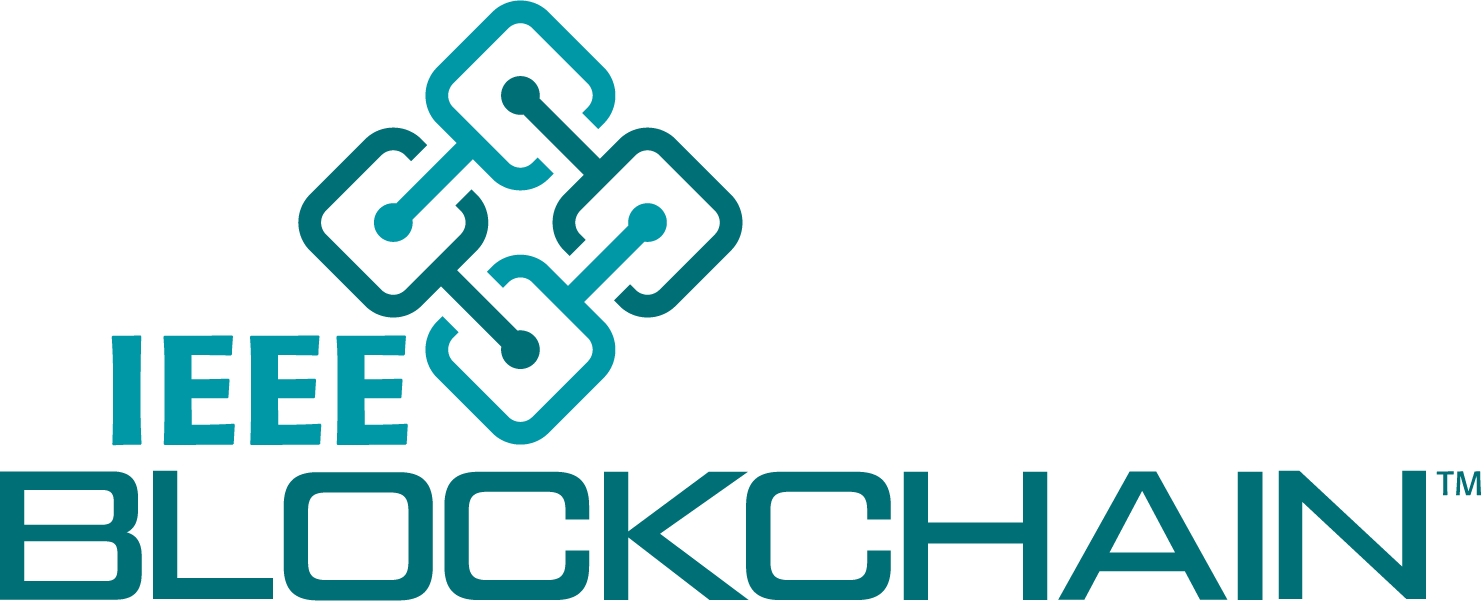Transparency, Regulation, and Analytics in Crypto-Asset Ecosystems (TRACE)
Crypto-asset analytics plays a pivotal role in ensuring trust and security in increasingly complex decentralized ecosystems. While blockchain transactions are inherently transparent, the sheer volume and intricacy of the data often mask critical insights, necessitating fresh analytical approaches. This workshop addresses key technical and regulatory challenges in detecting financial crime (including money laundering, ransomware attacks, and fraud) and monitoring systemic risks across blockchain networks. Topics include advanced methodologies for transaction analytics featuring AI-driven tracing, DeFi attack vector identification, privacy-preserving compliance, cross-chain correlation techniques as well as network analysis for uncovering hidden patterns and methods and data sources to integrate off-chain data. Contributions may also lie in the development of regulatory and enforcement support tools, interoperability frameworks, and policy recommendations for crypto-asset oversight. Aligning with BRAINS 2025’s mission, the TRACE (Transparency, Regulation, and Analytics in Crypto-Asset Ecosystems) workshop bridges academia, industry, and policymakers to advance tools and frameworks for secure, ethical crypto-asset oversight. Sessions will feature peer-reviewed research, case studies, and panels on emerging trends including graph-based blockchain analytics, privacy-preserving compliance verification, and federated learning for cross-jurisdictional investigations.
We invite original research contributions on (but not limited to) the following topics:
Blockchain forensics and data analytics
- Large-scale on-chain data processing: Handling high-volume, distributed ledger data to uncover hidden patterns and relationships.
- Graph & network analysis: Applying graph-based techniques for transaction clustering, address attribution, and detection of complex network structures.
- Data management & integration: Approaches for integrating off-chain data, managing metadata, and ensuring data consistency across multiple ledgers.
- Incident response & forensic analytics: Frameworks and case studies for post-incident investigation, digital evidence gathering, and attribution of malicious events.
Compliance analytics and fraud detection
- Machine learning & anomaly detection: Employing supervised/unsupervised models to identify malicious actors, ransomware payments, and other illicit activities.
- RegTech & automated monitoring: Tools and platforms for compliance monitoring, AML/KYC checks, and real-time risk assessment.
- Automated threat monitoring: Early warning systems that continuously track suspicious behavior or address movements on-chain.
- Privacy-preserving compliance: Approaches (e.g., zero-knowledge proofs) that enable regulatory checks without compromising user confidentiality.
Regulatory-enforcement support systems and policy recommendations
- Policy recommendations & legal frameworks: Analyses that inform regulators on evolving risks and best practices for enforcing crypto-asset regulations.
- Cross-border oversight: Solutions addressing overlapping or conflicting jurisdictions and enabling international cooperation in crypto-asset investigations.
Decentralized finance (DeFi) analytics
- Attack vectors & risk modeling: Identifying vulnerabilities and quantifying liquidity, market, and credit risks in DeFi protocols.
- Governance & voting mechanisms: Evaluating stakeholder participation, incentive structures, and proposal outcomes in decentralized governance.
- Smart contract security & formal verification: Tools and methodologies to ensure correct, fraud-resistant code execution in DeFi ecosystems.
- Liquidity & collateral insights: Monitoring metrics like impermanent loss, liquidation thresholds, and overall protocol stability.
Interoperability & cross-chain analysis
- Cross-chain protocols & bridges: Investigating trustless bridging technologies, communication protocols, and data synchronization across multiple ledgers.
- Multi-ledger risk management: Techniques to detect fraud, laundering, or double spending when assets move between different blockchain networks.
- Data consistency & redundancy: Approaches for ensuring reliable transaction records, state proofs, and consensus across diverse ecosystems.
- Standards & frameworks: Comparative studies of emerging industry standards to facilitate seamless interoperability.
Submissions
Submissions are invited on novel methods, tools, and case studies in crypto-asset analytics. Interdisciplinary work combining technical insights with regulatory or economic dimensions is especially encouraged. Both theoretical contributions and applied research with demonstrated real-world impact will be considered.
All submissions must be made via EDAS at:
using the IEEE double-column format: Full papers: 4–8 pages (including references)
Important Deadlines:
- Submission Deadline: September 15, 2025 (Firm)
- Notification of Acceptance: October 1, 2025
- Camera-Ready Submission: October 10, 2025
- Workshop Date: November 18, 2025
Workshop chairs

Nadia Pocher
(University of Luxembourg, Luxembourg)

Orestis Papageorgiou
(University of Luxembourg, Luxembourg)

Stefano Ferretti
(University of Bologna, Italy)
Technical Program Committee
- Alex Biryukov – University of Luxembourg, Luxembourg
- Gilbert Fridgen – University of Luxembourg, Luxembourg
- Georgios Samakovitis – University of Greenwich, UK
- Johannes Sedlmeir – University of Münster, Germany
- Friedhelm Victor – TRM Labs, US
- Marcus Voelp – University of Luxembourg, Luxembourg
- Yunxiu Zhou – University of Luxembourg, Luxembourg












